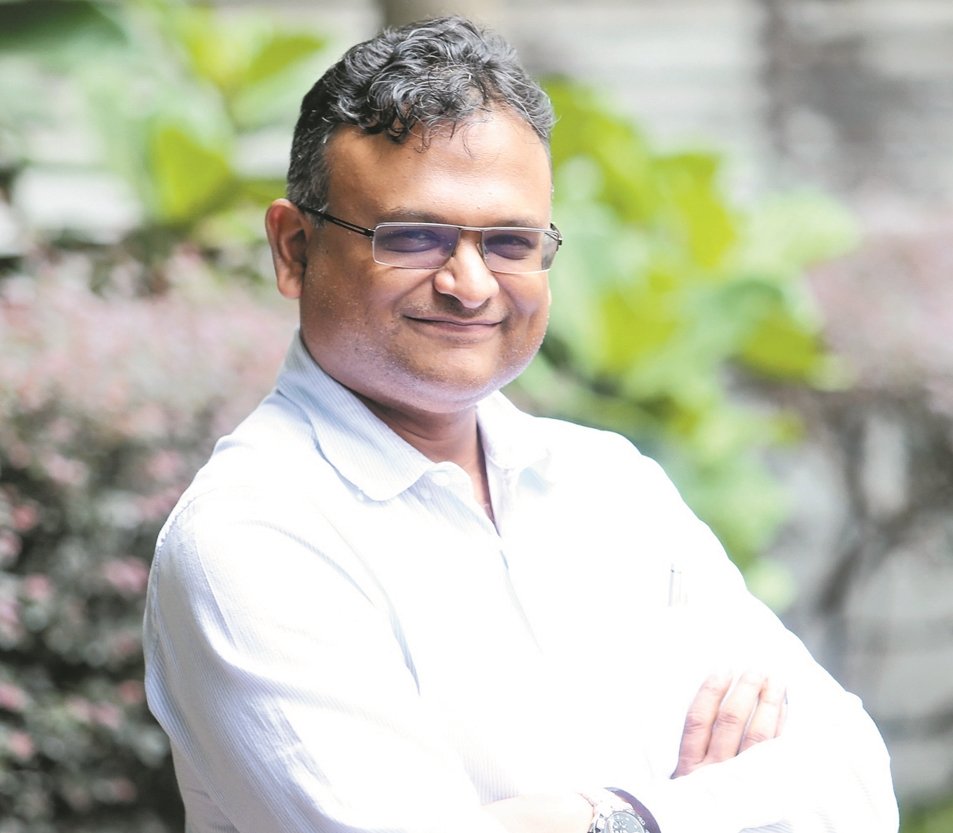《东方网》发布于 2019年08月07日 06时00分 • 特约评论 • 评论: Terence Fernandez

对希盟政府最新的决定,在国民型小学向四年级学生推介伊斯兰书法(爪夷文书法),等于是玩弄政治,而赔上我们孩子的未来。
不要误会。任何语言和艺术的学习,对个人而言都是一种提升。但是,当在谈及如何培养孩子面对竞争日益激烈的世界时,事情就必须有优先的秩序。
布城以促进民族团结和马来文化为理由,坚持在课本推介爪夷文书法,并在全国的国民及国民型学校执行,是错误的。反之,如果政府要在国民型学校加强国语教学,相信没有人会反对。这些学校应该受到鼓励,增加更多的国语课。因为,没有人会否认,国民型学校学生的国文水平还有待提升。
教育部此前曾表示,15%至20%的华小学生无法在小六评估考试(UPSR)马来文考卷获得优等,因此要求他们升上中学时,多花一年时间读预备班,之后才升上中一。
就促进民族团结而言,虽然爪夷文确实曾作为马来文字的一种形式,而爪夷文书法(khat)也是阿拉伯文一种书法,但不管阿拉伯文或其书法有多丰富内涵──学习这种技能是否应比人文学科和文化鉴赏等科目更优先?或者比电脑课甚至是那些被忽视的生活技能更优先?
满足马来选民要求
令人失望的是,教育部长马智礼以类似推动爪夷文及爪夷文书法的精神和坚韧,反对在学校课程中引入了解其他宗教内容的建议,这建议旨在促进各族群的和谐并强调所有宗教的普世性。
所以,这就令人们不得不质疑政府强制在小学马来课本中加入爪夷文书法政策的真正意图。是否意味著希盟无法获得马来人支持,而以此满足马来选民的要求?
这项政策最初是由国阵政府于2016年引入,以在明年实施。当时,国阵已经放弃了争取非马来选民支持,而专注于马来人选票。
事实上,希盟也意识到其需要高举种族牌,才能在第14届大选中胜出。敦马当时就被一位非马来人高级顾问说服,为了赢得第14届大选,希盟需要一个可挑战巫统地位的纯马来政党。因此,这也是土团党不开放给非马来人原因。
所以,情感上虽然了解到爪夷文书法并不应成为年龄只有10岁学童必须学习的课程,但在政治上,教育部若取消这项决定,会进一步导致马来民众对希盟的疏离。
当局当然也可如许多人所建议般,将爪夷文书法列为中学的非必修科目,或将其作为课外活动项目,即文化鉴识的一部分。政府必须明白,这个政策为何引起如此多反对,原因之一是这项政策意图可疑。甚至让人质疑布城在这件事上,是否真正把孩子们的利益放在首位。
《爪夷书法不应是优先关注点》(Khat it out and focus on priorities)原文:
LETˇS call the latest decision by the Pakatyan Harapan (PH) Government to introduce Islamic calligraphy to Year Four students for what it is playing politics with our childrenˇs future.
Make no mistake. The learning of any language and artistic skill can only enrich a person.
But when you are talking about preparing young children for a more competitive and dog-eat-dog world, one must have their priorities right.
Putrajayaˇs insistence that implementing Jawi in text books and khat calligraphy across the board in national and vernacular schools in an effort to promote national unity and Malay culture is flawed.
One would be more supportive if there was more effort to promote Bahasa Malaysia in vernacular schools. These schools should be encouraged or even arm-twisted into including more sessions in Bahasa Malaysia.
One has to admit that the standard of Bahasa Malaysia of children from these schools are wanting.
The Education Ministry had previously stated that between 15% and 20% of SJK (C) pupils are unable to get a credit in their UPSR Bahasa Melayu paper, hence requiring that they spend an extra year in secondary school by entering Remove Class before being promoted to Form One.
And as far as promoting national unity goes, while Jawi is indeed adopted as a form of Malay script, khat is Arabic calligraphy.
Again, there is so much richness in the Arabic language and written art but is learning this skill a priority over subjects such as humanities and cultural appreciation? Or computer studies or even the much neglected living skills?
It is disappointing that Education Minister Maszlee Malik is pushing for Jawi and khat with the same passion and tenacity that he opposed a suggestion to introduce awareness of other religions in schools which was geared towards promoting harmony and accentuating the universality of all faiths.
So, this brings us to the true intentions of the Government to shove khat in the Bahasa Melayu syllabus and including Jawi in text books down our childrenˇs throats.
Is it meant to appease the Malay voter base whose support for PH is still in question?
Granted that this policy was originally introduced by the Barisan Nasional (BN) Government in 2016 for implementation next year.
By then, the BN had already washed its hands off the non-Malay voters and focused on the Malay heartland.
In fact, even PH realised that it needed to play the race game to get ahead in the 14th General Election (GE14). Tun Dr Mahathir Mohamad was convinced by a senior non-Malay advisor that, for the purpose of winning GE14, there needed to be a Malay party that could take on UMNO. Hence why Bersatu is not open to non-Malays.
Hence, while sensibilities would dictate that Jawi and khat are not subjects that should be compulsory for already struggling 10-year-olds, politics on the other hand would reckon that cancelling the ministryˇs decision would further alienate PH from the Malay grassroots.
By all means introduce khat and maintain Jawi as a non-compulsory subject in secondary schools or include it as a co-curriculum activity as part of cultural appreciation, as suggested by many.
The Government must understand that one of the reasons why there is much opposition to this suggestion is because its intent is suspect. One doubts that Putrajaya truly has the childrenˇs best interest at heart in this matter.

